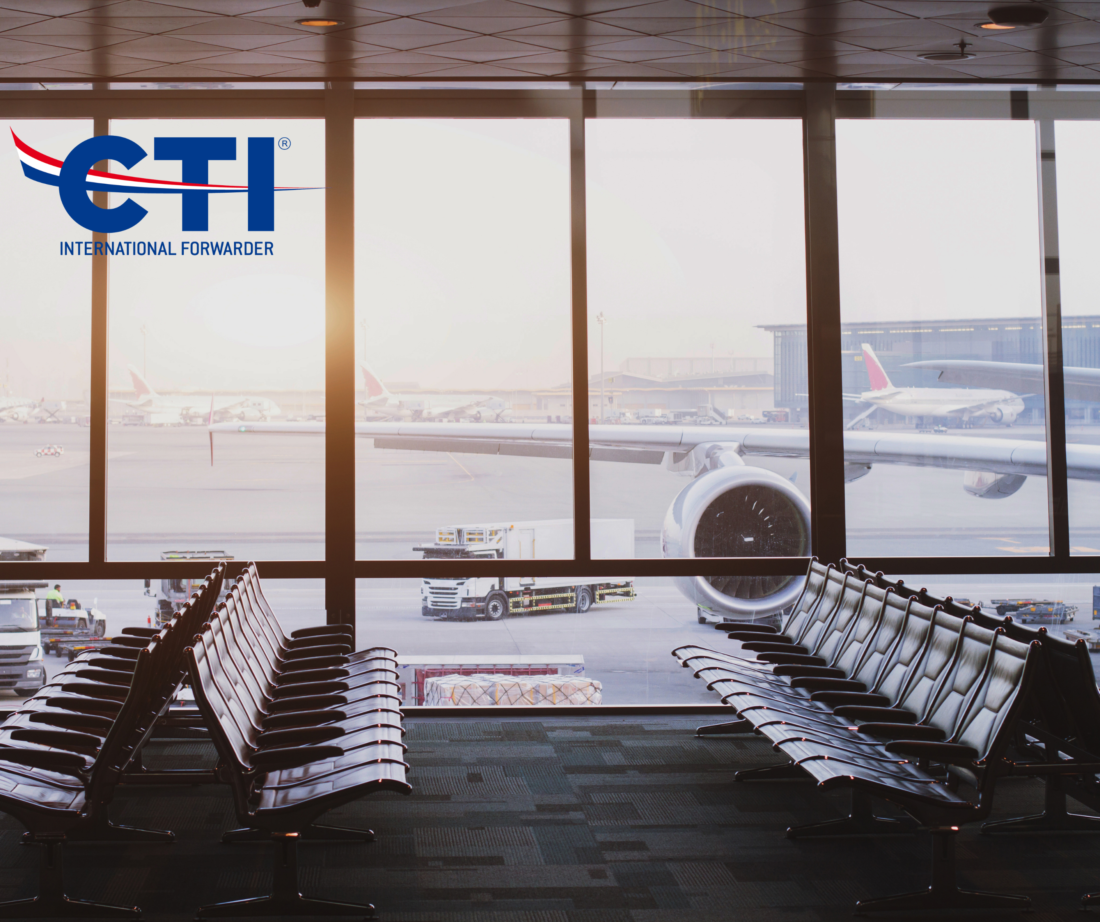The impact of Covid-19 on transport
Similar to the effects that 9/11 had on air transport, the current pandemic caused by the new Coronavirus has created an unprecedented worldwide crisis and has led to significant changes in cargo shipments.
Transport of goods is a fundamental pillar of the European Union considering that the logistics and transport sector has a value of 675 billion euros and the volume of goods traffic handled within the Union amounts to 3731 billion tkm (tons transported per kilometre) and employs 11.7 million people, suffice it to recall that during lockdown, the flow of food supplies and essential goods was not interrupted, with articulated lorries and trucks crossing along empty highways, and containers and cargo trains in deserted ports. But, despite all this, there have been very serious repercussions on transport, with a collapse of international trade due to a huge fall in supply and demand.
Air cargo sector has been the most affected, with an estimated loss of -16.8% for 2020 in terms of tkm (in the first 5 months of the year it had dropped by -26.7%) due to the significant reduction in flights, with passenger flights decreased by 95%, leading to countless inconveniences, delays and price increases for goods sent by air. Belly capacity, which means hold capacity, has dropped by 70% and is currently seeing a lot of competition, thus compensated by a 32% increase in the use of all cargo aircraft, but without an increased demand.
Furthermore, the decrease in passener flights to certain places such as small cities, makes the shipment of goods to these destinations even more complicated, requiring a multimodal shipping service, or the combination of several services, for example transport by air and land: shipping the goods first by air to larger neighbouring cities and then continuing by truck.
According to studies by McKinsey (a consultancy firm), international freight volumes will take 15 to 48 months to return to the levels of the last trimester of 2019, with some locations more affected than others. Unfortunately, the rush to bring personal protective equipment (PPE) to markets has diminished as supply chains have become regulated.
As international freight forwarders, we at C.T.I. will help you organise new strategies for the transport of your goods, providing the best solutions in terms of scheduling and budget at any time of the day and making the whole operation simple for you.


